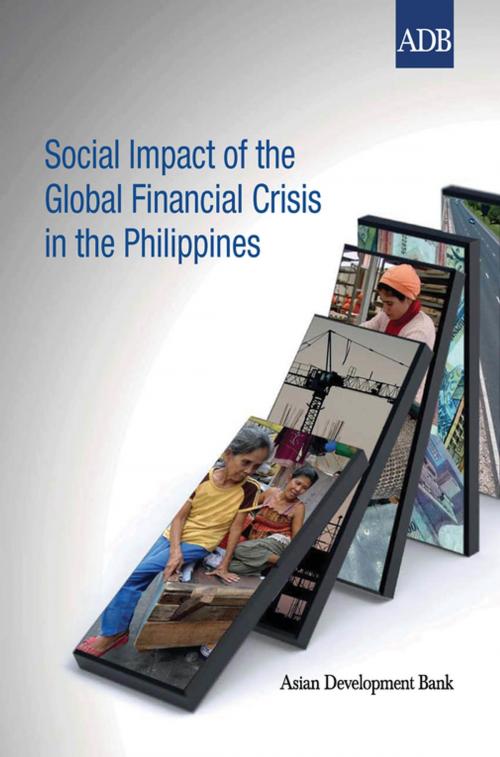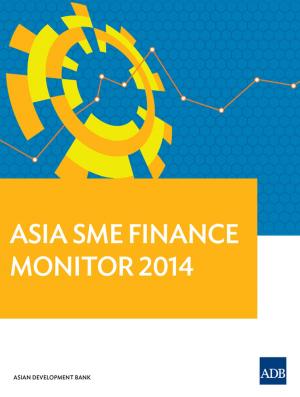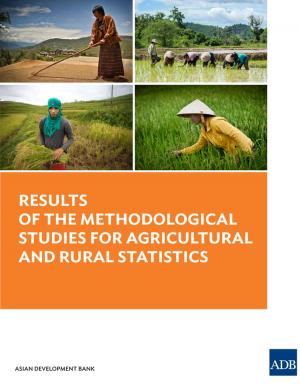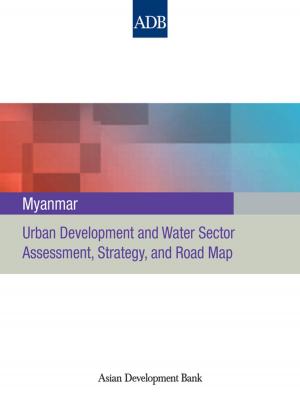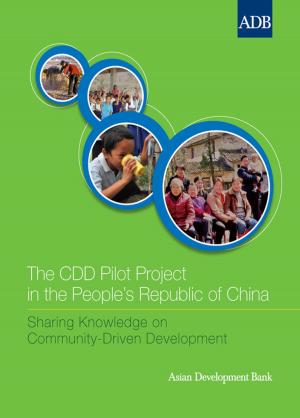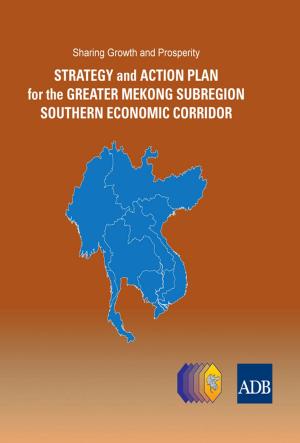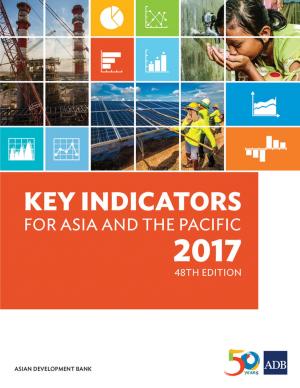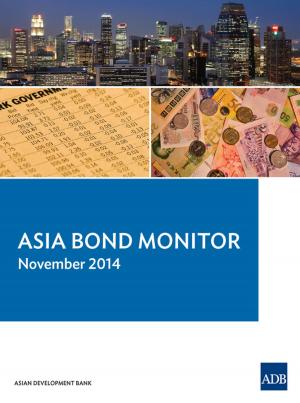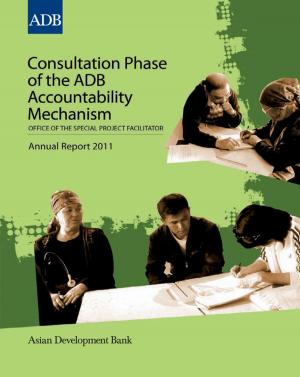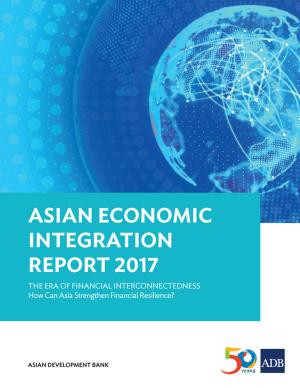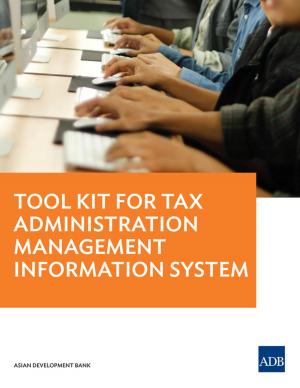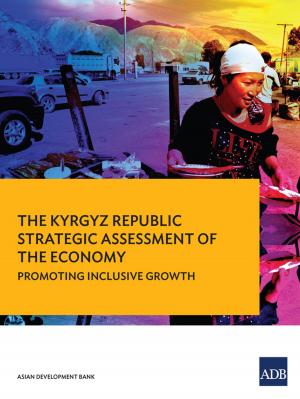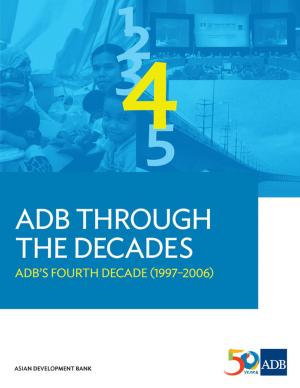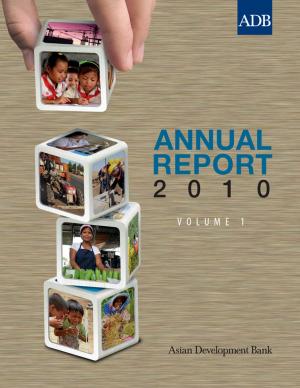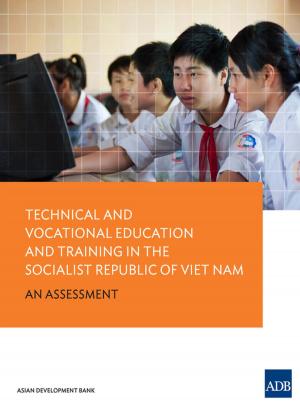Social Impact of the Global Financial Crisis in the Philippines
Business & Finance, Economics, International Economics, Economic Conditions| Author: | Arsenio M. Balisacan | ISBN: | 9789290921943 |
| Publisher: | Asian Development Bank | Publication: | December 1, 2010 |
| Imprint: | Asian Development Bank | Language: | English |
| Author: | Arsenio M. Balisacan |
| ISBN: | 9789290921943 |
| Publisher: | Asian Development Bank |
| Publication: | December 1, 2010 |
| Imprint: | Asian Development Bank |
| Language: | English |
Anecdotal evidence permeates accounts on the impact of the global economic crisis on Philippine poverty. This study systematically assesses the evidence and recent data. It adopts a somewhat eclectic approach as applying regression and decomposition techniques to trace the impact of the global economic crisis on gross domestic product and its major components, constructing panel data from nationally representative household surveys to trace the changes in household welfare during the crisis, and combining national income accounts and household survey data to simulate the differential effects of the crisis across population groups and social divides. Empirical findings suggest that although the Philippine economy did not slide to recession during the crisis, its impact on the economy and poverty across population groups was nonetheless severe---and may linger for many years to come.
Anecdotal evidence permeates accounts on the impact of the global economic crisis on Philippine poverty. This study systematically assesses the evidence and recent data. It adopts a somewhat eclectic approach as applying regression and decomposition techniques to trace the impact of the global economic crisis on gross domestic product and its major components, constructing panel data from nationally representative household surveys to trace the changes in household welfare during the crisis, and combining national income accounts and household survey data to simulate the differential effects of the crisis across population groups and social divides. Empirical findings suggest that although the Philippine economy did not slide to recession during the crisis, its impact on the economy and poverty across population groups was nonetheless severe---and may linger for many years to come.
